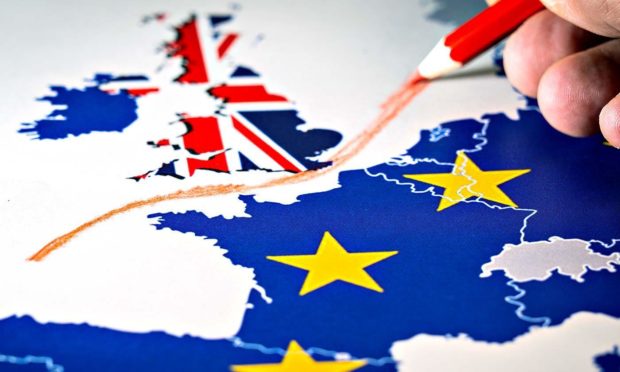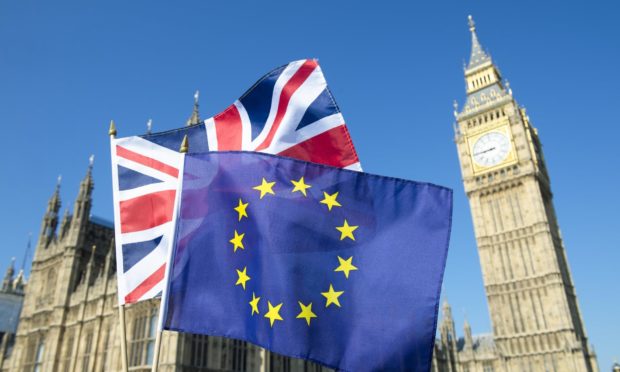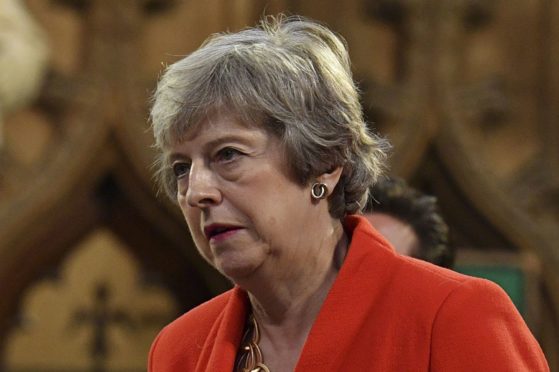Britain’s so-called festival of Brexit was branded a “vague and shape shifting” waste of public money when it started across the country earlier this year.
The £120 million event was supposed to help the nation heal after 2016’s divisive referendum on the UK leaving the European Union.
But MPs described the festival – which is now officially called Unboxed: Creativity in the UK – as a “recipe for failure”.
Events will be taking place in Inverness and the Caingorms later in the year.
What is the festival of Brexit?
The idea for the celebration was first announced by Theresa May when she was prime minister.
It began in March March and runs until October, and will be marked with a number of science, art, technology and engineering exhibitions across the country.
Its official website it describes the exhibitions as “10 awe-inspiring new ideas, shaped across science, technology, engineering, the arts and mathematics by brilliant minds working in unexpected collaborations”.
Organisers claim the event is no longer about celebrating Brexit.
How the festival of Brexit changed
When Ms May danced on to the stage of the 2018 Conservative party conference and promised a “year-long festival of Great Britain and Northern Ireland” it was met with polite applause in the room.
She promised a national event to “showcase what makes our country great” in what was quickly named the “festival of Brexit”.
Outside of the conference, the idea was less well received and led to threats of a boycott.
Martin Green was chosen to lead Unboxed largely because of his role as director of ceremonies at the London 2012 Olympics.
His vision for a different kind of celebration appeared to win over many sceptics.
Former Hue and Cry singer Pat Kane, a supporter of Scottish independence, signed on as a creative adviser.
He previously joked the plan sounded like “a fête worse than death”.
What is happening in Scotland?
People will be invited to rediscover their connections to the food they eat by growing crops from free seeds in 12 “unexpected gardens across Scotland”.
The event – called Dandelion – started in April and runs to September, and includes festivals in Glasgow and Inverness.
An augmented reality experience that remixes the BBC and BFI’s archives will arrive in Dundee from July 7-8.

People will be encouraged to venture into the Cairngorms in September with specially developed low-impact lights to create outdoor art works.
Why has is it been criticised?
MPs on the culture, media and sport committee questioned whether people understand the vision for the festival or even know it is happening.
Social media accounts for the event have fewer than 10,000 followers.
The committee cites a senior civil servant acknowledging the event could be named only last October because the government could not make up their mind about what it was.
The MPs conclude: “The desire for it to seemingly cater to everyone, everywhere, is a recipe for failure and investing £120 million in something when the government, by their own admission, ‘did not know what it was’ is an irresponsible use of public money.”
The Department for Digital, Culture, Media and Sport said Unboxed and other spectacles this year would be “bringing people together and leaving a strong legacy that will benefit communities for years to come”.

